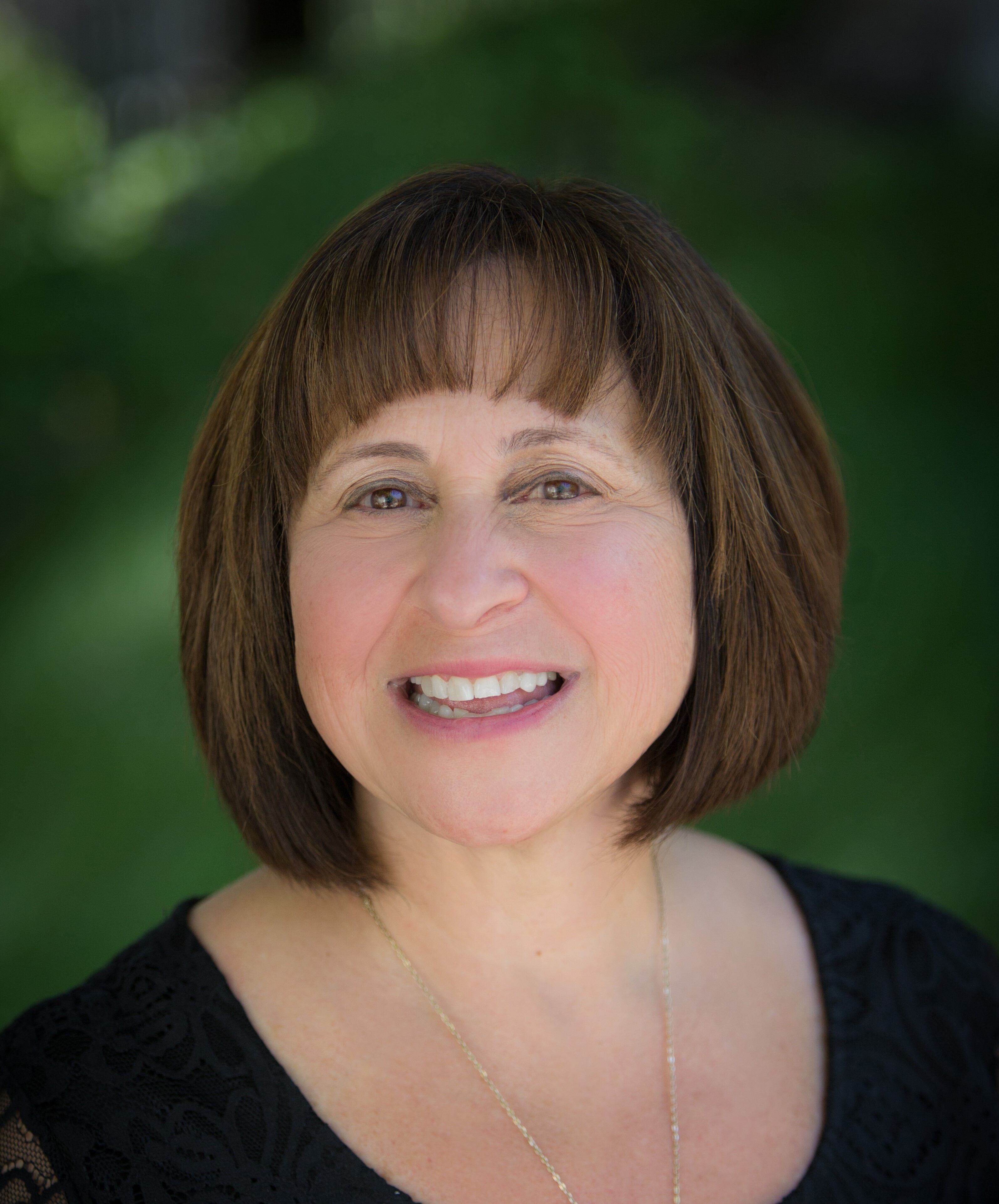A version of this message will appear in the Jewish Journal’s Table for Five Column in October 11’s issue.
The joy and celebration of Sukkot is not limited to time or space of this world. In fact, according to the prophet Zechariah, whose words are read as the Haftarah on the first day of the holiday, Sukkot is the holiday that all will celebrate together in the World to Come. Zechariah was of the last biblical prophets, who taught as the Jews were building the Second Temple and reorganizing Jewish presence in the land of Israel.
Much of Zechariah’s prophecy speaks of the distant messianic future. As such, Zechariah’s words speak of great redemption when all will know and testify to the existence and oneness of God. Zechariah predicts: “And the Lord shall be king over all the earth; in that day there shall be one Lord with one name.”
These are the words that end the Aleinu liturgy said in every prayer service on the Jewish calendar. In an easy to miss phrase, the same prayer says V’hasheivota el levaveicha – translated by many as ‘take God to heart’ but really is a demand to actively put God on your heart. It is the knowing and feeling that we truly come to know God.
In Jewish thought, the heart has many functions. Kohelet Rabbah (the rabbinical commentary on Ecclesiastes) records that the heart sees and hears, stands and falls, feels and knows, breaks and heals. Rabbi Yerucham Levovitz (1873-1936) says the heart is like a seismograph, recording every tiny tremor even if our conscious minds remain unaware of the impact.
Today, we know that the heart is not actually the source of love – the ancients were mistaken. But, doctors and scientists also tell us that the relationship between heart and emotions is extraordinarily intimate. Our emotions can actually change the shape and affect the operation of the heart.
In life, we all live great joys and sorrows. It is in loosening the membranes surrounding the heart that we truly experience emotions leading to introspection, meaning, and growth. This is the sacred invitation to place God on your heart and feel it in every moment – as a companion to the celebration, a comfort to the affliction, a renewal from the mundane. This is the fulfillment of the universal promise of redemption associated with Sukkot.
Hag Sameach.


 Download PDF
Download PDF